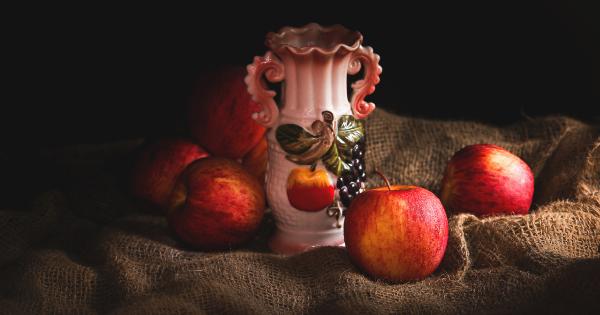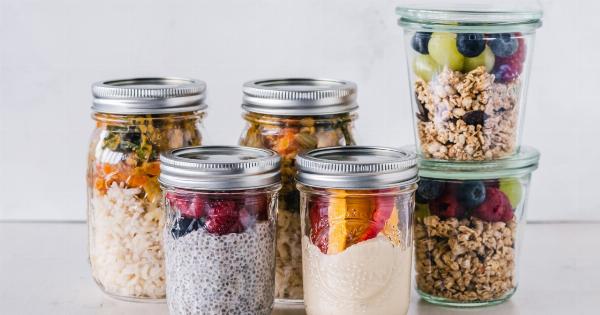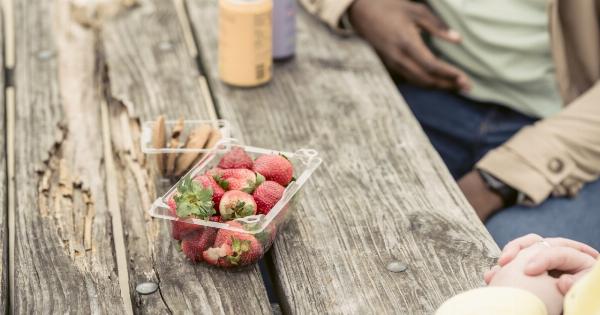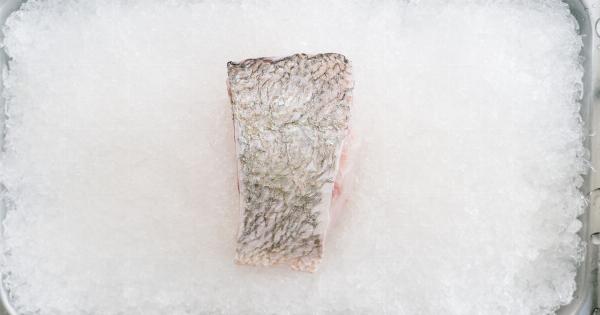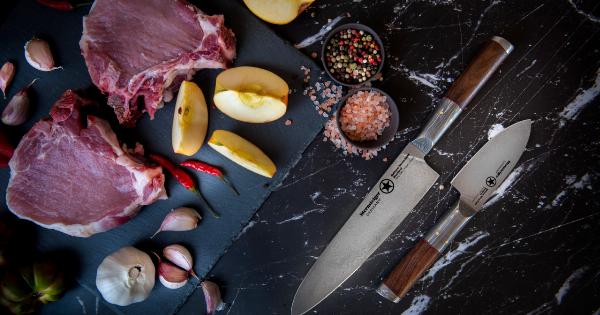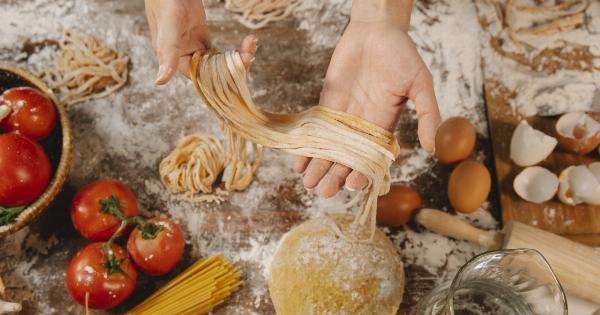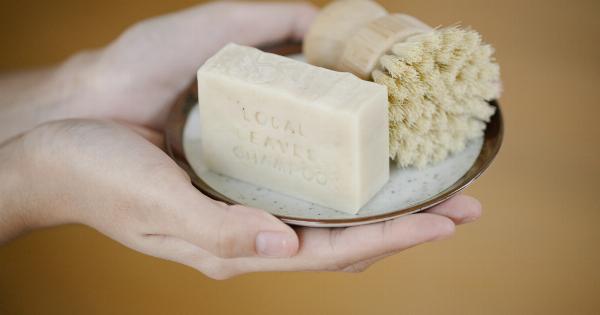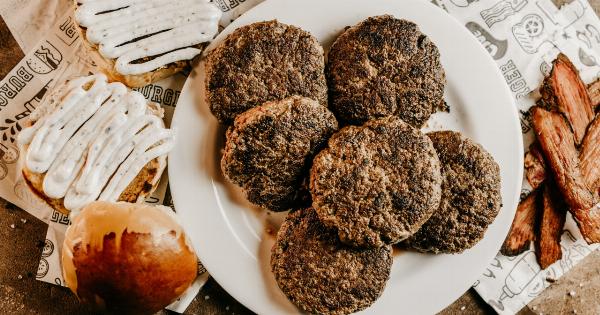When it comes to preserving food, the freezer is a lifesaver. It helps us prolong the shelf life of many perishable items and prevents food waste. However, not all foods are freezer-friendly.
Freezing certain foods can result in texture changes, loss of flavors, and even health risks. To help you avoid these pitfalls, we’ve compiled a list of foods that simply don’t belong in the freezer.
1. Fresh Produce
While it may seem convenient to freeze fruits and vegetables to extend their lifespan, the reality is that most fresh produce doesn’t fare well in the freezer.
High water content vegetables like lettuce, celery, cucumbers, and radishes tend to become mushy and lose their crispness. Similarly, freezing fruits like watermelon, citrus fruits, and berries causes them to become watery and lose their natural texture.
2. Dairy Products
While some dairy products, such as butter and hard cheeses, can be successfully frozen, others do not handle freezing well. Milk, for example, can curdle and separate when thawed, resulting in an undesirable texture and taste.
Yogurt, sour cream, and cream cheese also tend to become grainy or watery after being frozen.
3. Fried Foods
If you’re hoping to freeze leftover fried chicken or french fries, think again. Freezing fried foods can cause them to become soggy when reheated.
The crispiness and texture that make these foods delicious are compromised by freezing, resulting in a disappointing dining experience.
4. Sauces and Condiments
Sauces and condiments, such as mayonnaise, ketchup, and salad dressings, are best kept in the refrigerator rather than the freezer. Freezing these items can cause a separation of the ingredients, leading to a lumpy and unappetizing texture.
Additionally, the flavors may be altered, resulting in a less enjoyable dining experience.
5. Cooked Pasta and Rice
While raw pasta and rice can be stored in the freezer, cooking them before freezing is not recommended. Cooked pasta and rice tend to become mushy and lose their original texture when thawed.
Instead, it is best to cook these ingredients fresh when needed or store them in the refrigerator for short-term use.
6. Cream-Based Soups and Sauces
Soups and sauces made with a cream base, such as chowders or Alfredo sauce, do not freeze well. The dairy component in these dishes can separate and become grainy when thawed, resulting in an unappetizing texture.
It’s best to make these types of dishes fresh or refrigerate them for short-term storage.
7. Canned Foods
While canned foods are typically long-lasting and don’t require freezing, it’s essential to avoid transferring them to the freezer.
The liquid inside canned foods expands when frozen, causing the can to burst and potentially contaminate the food. Always follow the storage instructions on canned goods and keep them in a cool, dry place.
8. Soft Cheeses
Soft cheeses such as brie, camembert, and feta do not freeze well. The freezing process can cause these cheeses to become crumbly and lose their creamy texture.
For optimal freshness and taste, store soft cheeses in the refrigerator and consume them within the recommended time frame.
9. Eggs
While eggs are often a staple in many households, freezing them is not recommended. When eggs are frozen in their shells, the liquid inside expands, causing the shell to crack and potentially contaminate the egg.
Additionally, freezing eggs can result in changes in texture and taste. It’s best to use eggs fresh or opt for alternative preservation methods such as pickling.
10. Carbonated Beverages
Got some leftover soda or sparkling water that you want to save for later? Don’t put it in the freezer. Carbonated beverages will expand when frozen, and the increased pressure can burst cans or bottles.
As a result, you’ll be left with a sticky mess and potentially damaged containers.




